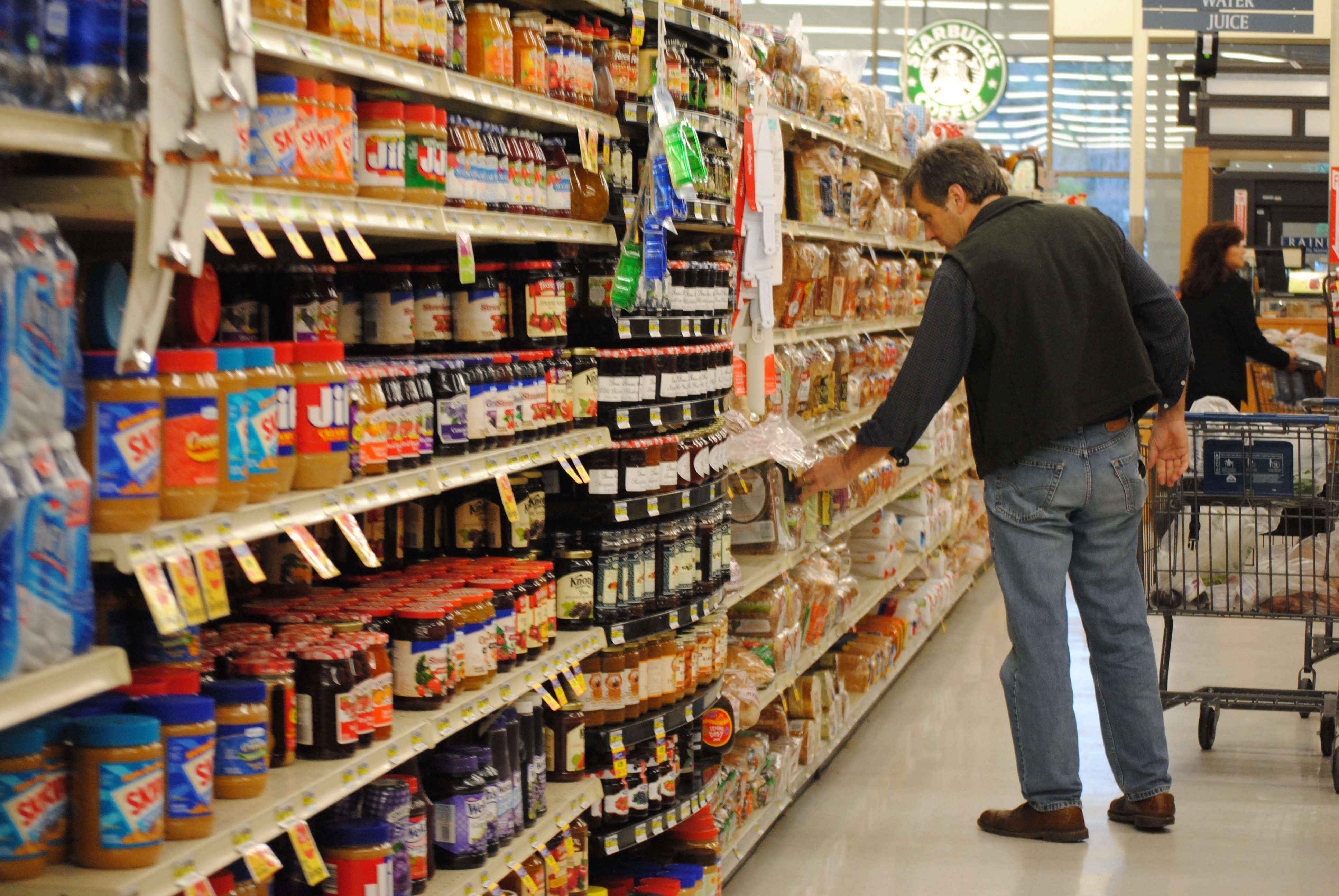
Is the Era of Big Food Coming to an End?
Food giant Kellogg is removing the genetically modified ingredients from its Kashi Golean cereals. Competitor ConAgra is launching a line of minimally processed frozen meals under the brand name Healthy Choice Simply. And General Mills last fall snapped up Annie’s, a popular brand of organic pastas, snacks and condiments.
As consumer demand for local, organic and fresh foods continues to grow, the enormous multinational firms that are collectively being called Big Food are in the position of having to rework, reshape and reimagine themselves.
March 12, 2015 | Source: The Guardian | by Sarah Shemkus
Food giant Kellogg is removing the genetically modified ingredients from its Kashi Golean cereals. Competitor ConAgra is launching a line of minimally processed frozen meals under the brand name Healthy Choice Simply. And General Mills last fall snapped up Annie’s, a popular brand of organic pastas, snacks and condiments.
As consumer demand for local, organic and fresh foods continues to grow, the enormous multinational firms that are collectively being called Big Food are in the position of having to rework, reshape and reimagine themselves. Although this changing consumer landscape has contributed to lackluster growth among some of the industry’s major players, the consensus among producers, analysts and healthy food advocates is that the major food companies – and their influence – are still going strong. For now.
“These companies make billions of dollars every year. The issue isn’t profits – these are massive – it’s growth,” says Marion Nestle, professor of nutrition and food studies at New York University, and an advocate for healthy food policy.
Indeed, growth has been a challenge for many in the industry over the past year.
Net sales at Kellogg – maker of Cheez-Its, Pringles and Keebler cookies in addition to its well-known cereals – decreased by 1.4% to $14.6b in 2014, a performance CEO John Bryant called “disappointing” in the company’s fourth quarter earnings call. Declining sales of breakfast foods and snacks contributed to the downward trend. At Kraft – home of brands including Oscar Mayer, Jell-O and Velveeta – net revenues edged down 0.1% in 2014.
Consumers’ growing appetite for foods that feel healthier, fresher and less processed is one of the significant obstacles to growth. In remarks at the Consumer Analyst Group of New York conference in February, Campbell’s CEO Denise Morrison said: “we are also confronting profound shifts in consumers’ preferences and priorities with respect to food”, pointing to an “explosion of interest in fresh foods” and “a mounting distrust of so-called Big Food”.
Sales on the perimeter of the supermarket, where fresh produce, meat and dairy are generally sold, have risen about 5% over the last year, while sales of the more processed and packaged items sold in the aisles have increased only 1%, says Erin Lash, food industry analyst for investment research firm Morningstar.
